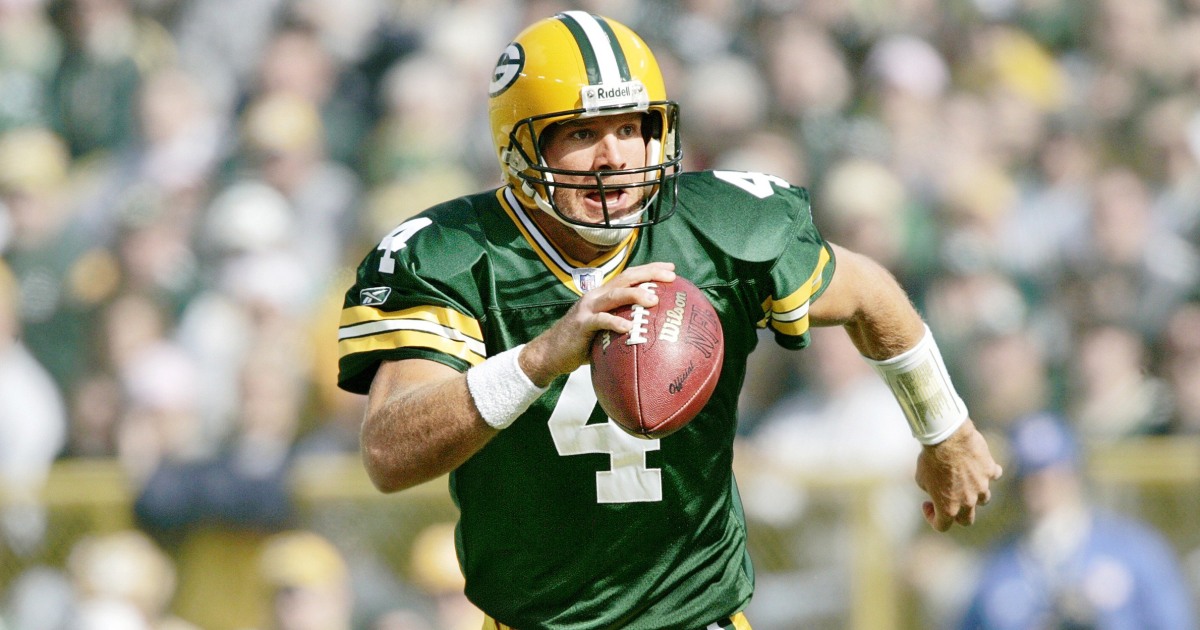Hall of Fame quarterback Brett Favre’s announcement that he has Parkinson’s disease is bringing renewed attention to the potential links between collision sports and a risk of brain disease. Favre revealed his diagnosis on Tuesday while testifying before Congress about his alleged misuse of taxpayer money . The hearing focused on a welfare scandal in Mississippi, but the subject of Favre’s health arose because he discussed losing an investment in a company that he believed was making a “breakthrough concussion drug.
” “I’m sure you’ll understand why it’s too late for me because I’ve recently been diagnosed with Parkinson’s,” Favre said. Favre played 20 seasons in the National Football League, mostly for the Green Bay Packers, and retired 13 years ago. In a 2022 interview with “The Bubba Army” radio show , he estimated that he had suffered thousands of concussions.
“Every time my head hit the turf, there was ringing or stars going, flash bulbs, but I was still able to play,” he said in that interview. “That’s what’s kind of frightening about the concussion thing. It’s the ones that seem minor that do the damage.
” Sports that involve repetitive collisions — such as football, boxing and rugby — carry a risk of concussions and other head injuries. “We know that the brain can only take so much, and when there’s this kind of trauma — not even just sports-related, but any kind of repeated trauma to the brain — we know it’s going.


















